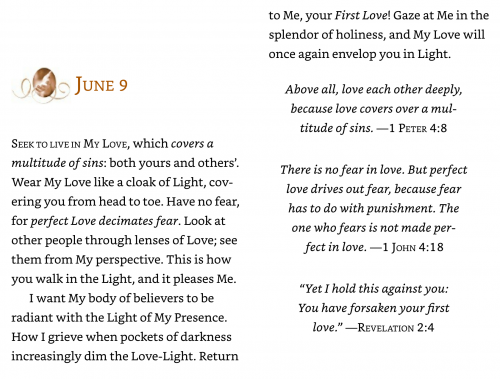Tuesday, June 9, 2020
I have learned to use my anger for good. . . . Without it, we would not be motivated to rise to a challenge. It is an energy that compels us to define what is just and unjust. —Gandhi
Today my colleague and CAC faculty member Barbara Holmes shares reflections on a “theology of anger.” Her words are challenging for white Americans like myself, but an important stage of contemplative solidarity is the ability to set aside our own opinions to listen with an open heart to the pain of the marginalized. I hope we can hear Dr. Holmes’s wisdom and desire for healing from the wounds of racism.
We all need a way to channel and reconcile our anger with our faith. . . . A theology of anger [for communities under siege] assumes that anger as a response to injustice is spiritually healthy. My intent is to highlight three ways that anger can contribute to spiritual restoration.
First, a theology of anger invites us to wake up from the hypnotic influences of unrelenting oppression so that individuals and communities can shake off the shackles of denial, resignation, and nihilism. . . . Second, a theology of anger can help us to construct healthy boundaries. Finally, the healthy expression of righteous anger can translate communal despair into compassionate action and justice-seeking. . . . The question is whether or not we will recognize our wounds and the source of our anger so that we can heal ourselves and others, and awaken to our potential to embody the beloved community. . . .
Collective and productive anger redirects our attention to the everyday survival and healing of our own community. . . Sometimes the anger of black folks is resistance but, more often, it is grief. During a demonstration in Minneapolis, Minnesota, after the police shot an unarmed black man [in 2016], Pastor Danny Givens of Above Every Name Ministry, publicly and peacefully challenged the Governor of Minnesota. He shouted into a microphone:
Your people keep killing my people. You keep telling me that you are going to do something. I just want you to put some action on it, put some respect on our people’s names. . . . This isn’t black anger. This is black grief! [1]
Pastor Givens wanted the governor to understand that grief, anger, and black joy are hard to separate. At funerals of young people slain by the police, expressions of black joy are common. This is not “joy” in the ordinary sense of the word. . . . This is the communal performance of resistance and resilience through dancing and rhythmic movement. Funeral-car doors fly open, music is thumping, and the community dances its defiance of death and the society that produces it.
We are angry, we are grieving, we are performing black joy as a sign of our determination to survive.
What is the anger and grief arising in you today? What actions of resilience and justice can you take?

 Click Image for John White's Original Vision For CO2's
Click Image for John White's Original Vision For CO2's
